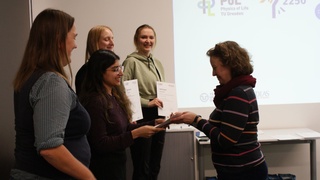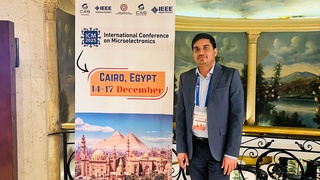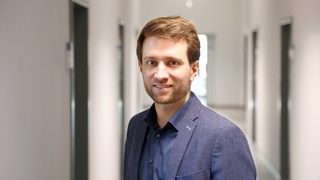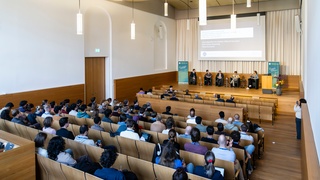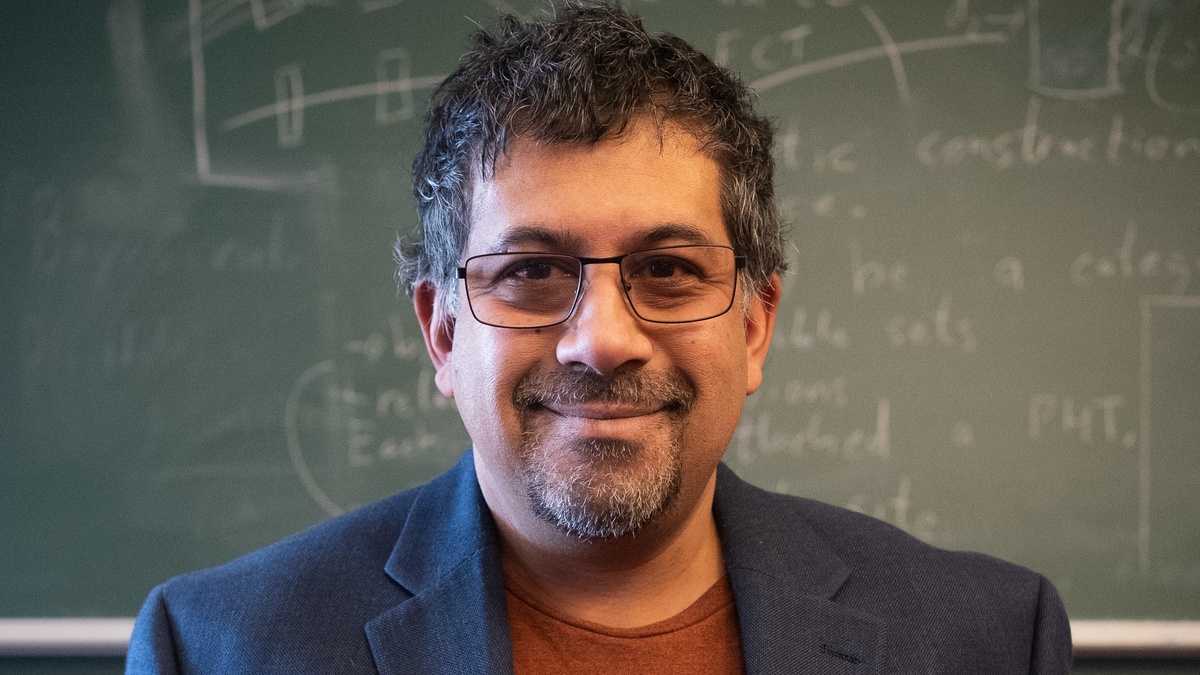 © Humboldt-Stiftung
© Humboldt-Stiftung
April 2, 2025
In Memoriam Sayan Mukherjee
Sayan Mukherjee was the Alexander von Humboldt Professor for Artificial Intelligence at Leipzig University and a full professor at Duke University, Durham, USA. His work in mathematical statistics made important contributions to the theory of machine learning and found applications in medical data analysis and bioinformatics. He died unexpectedly in Leipzig on 31rd of March, 2025, at the age of 54 years.
“Sayan had an exceptional intellectual presence,” recalls SECAI Director Markus Krötzsch, “He had this amazing energy and clarity of thought that would immediately inspire those around him.” This impressive energy is evident from his academic activity. After his PhD at MIT and a Sloan Postdoctoral Fellowship at the Broad Institute, Sayan joined Duke University where he had been a full professor since 2015. In acknowledgment of his crucial work in the still young field of topological data analysis, he was awarded the prestigious professorship of the Alexander von Humboldt Foundation in 2022. He then joined Leipzig University and became a Fellow at the Max Planck Institute for Mathematics in the Sciences, a Principle Investigator at the National AI Competence Center ScaDS.AI, and an Academic Fellow in SECAI. In all of these roles and places, Sayan made valued contributions and will dearly be missed. “Sayan was a colleague teeming with ideas and a with unique way of thinking,” says SECAI Co-Director Peter Stadler, “His loss deeply saddens me.”
Sayan Mukherjee's international renown was funded in a multitude of outstanding contributions. His specialty discipline was topological data analysis, a field at the intersection of statistics, mathematics, and machine learning that asks how the rich structure of complex data sets influences algorithms and analytical methods. Insights towards this question have the potential to increase the performance of statistical computations and the quality of the predictions they produce. Besides (and by means of) his theoretical works, Sayan has contributed to relevant applications, e.g., in medical imaging and bioinformatics. He was also involved in the development of Gene Set Enrichment Analysis (GSEA), a statistical process that can produce insights about the biological function of human genes and their role in cancer formation. It was the unique combination of deep mathematical work and important applied contributions became the basis of his international reputation.
However, many of those who knew Sayan remember him not just for his contributions to research, but for his open-minded and unpretentious way of approaching just about anything and anyone, and for his characteristic warmth and good humor. As we mourn the loss of this outstanding scholar and exceptional personality, our thoughts and condolences are with his colleagues, friends, and family.

